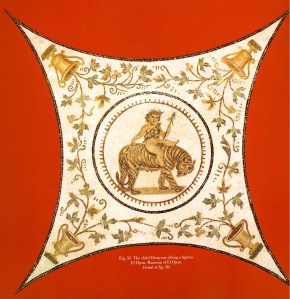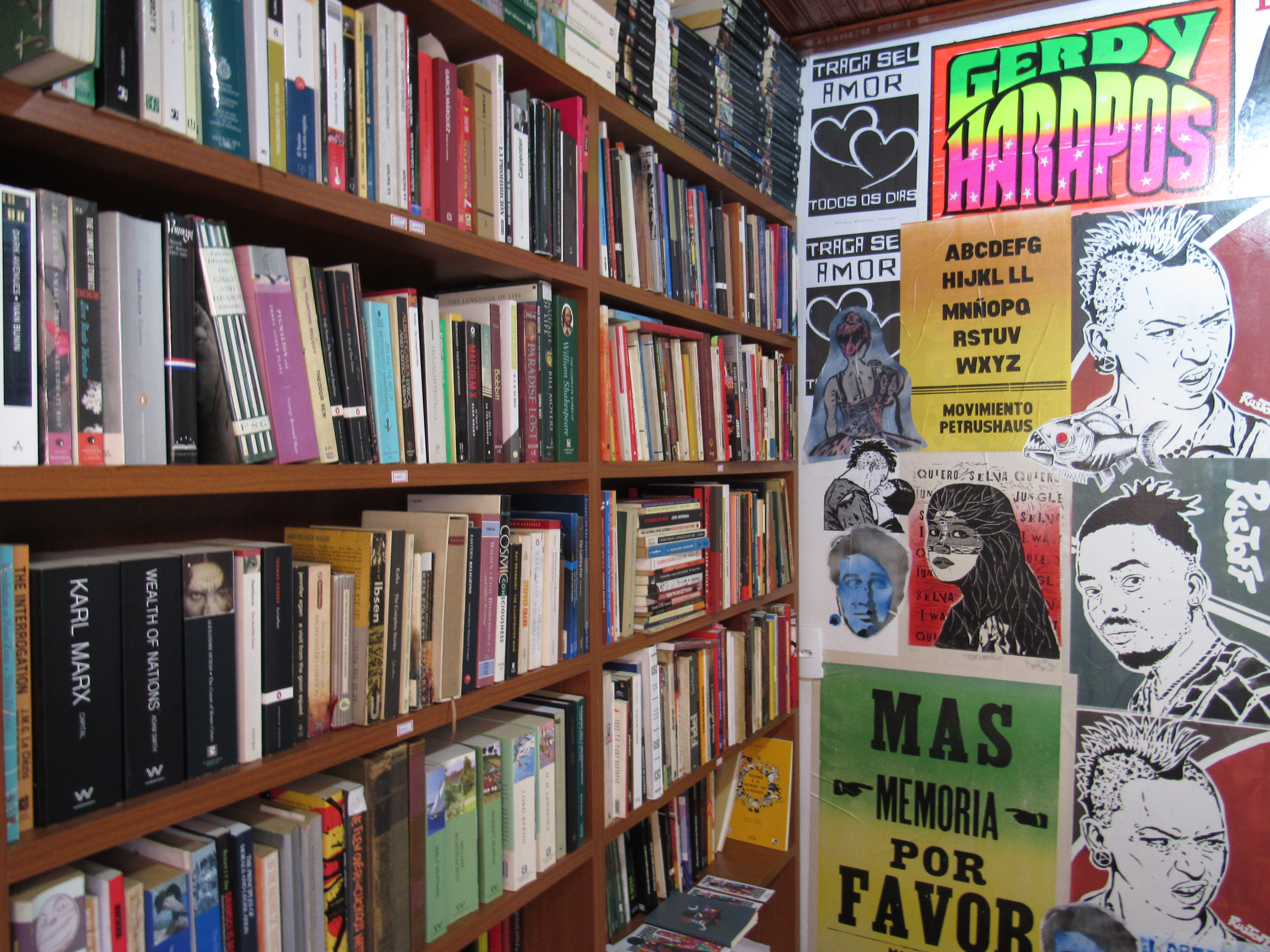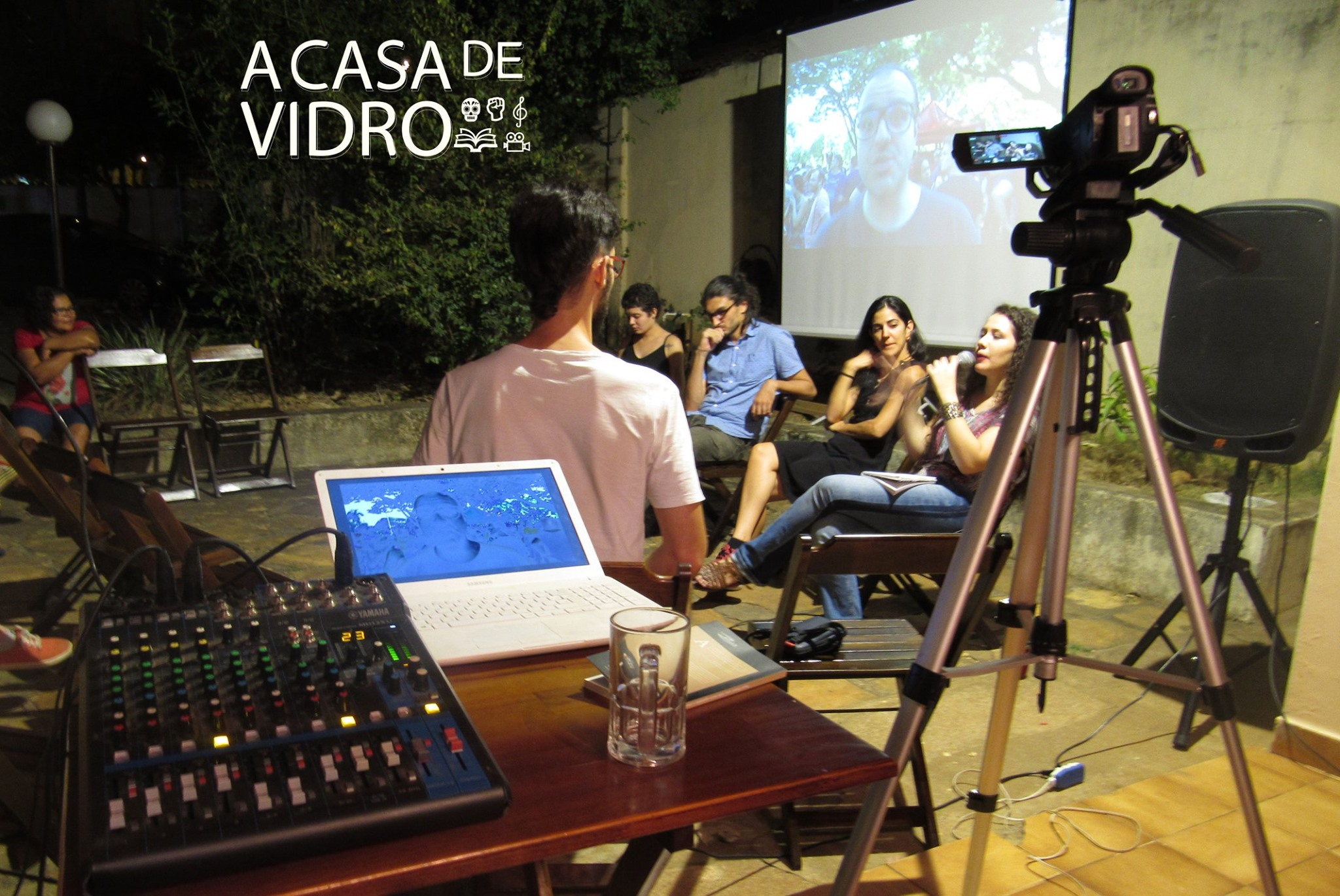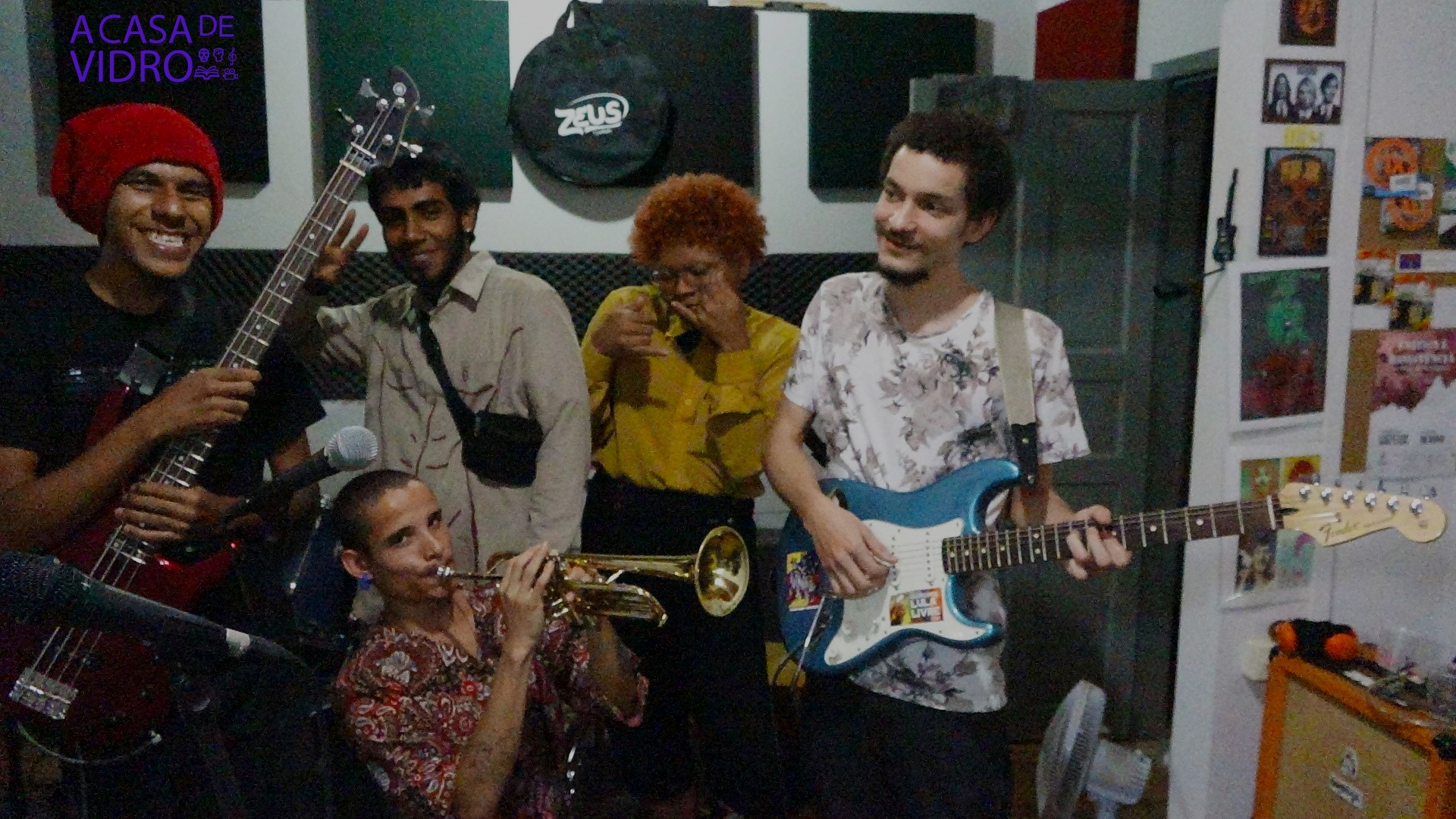NIETZSCHE E AS SOMBRAS DE DEUS: Um trecho do livro de Y. Yovel, “Dark Riddle: Hegel, Nietzsche and the Jews” (1998)
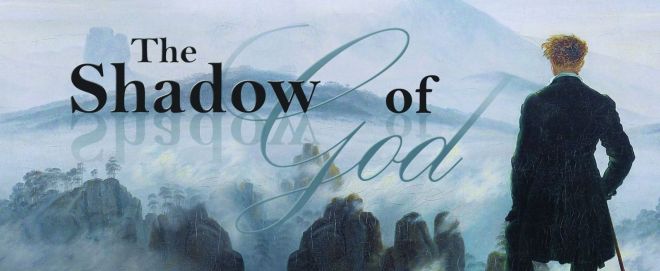
NIETZSCHE AND THE SHADOWS OF GOD
“Metaphysical fictions are involved in the central concepts and values of Western culture, which dominate and distort every individual’s life. (…) The whole network of epistemological and moral concepts in which we live expresses, in this respect, a psychology of escape and repression. In Nietzsche’s terms it is a fear of facing the truth, the cowardice of the person retreating before the abyss. Further, the system of rational fictions we project on the world enables us, the weak, to dominate the world in an imaginary way and thus express our will to power in a rather devious manner. In subjecting, as it were, the world to a network of rules and laws of our own invention, we establish our alleged superiority over it and subject the universe itself to our metaphysical illusions.
The Christian religion, even more than rationalistic science and morality, produces and offers a veil of mystification which serves human weakness, meekness, and the negation of life. Images of a transcendent god and a next world make real earthly life appear null and worthless; and by means of moral images of punishment and reward, divine Providence, a moral world order, conscience, repentance, and guilt feelings, men and women interiorize their hatred of life and become self-oppressed.
Though Nietzsche was called a nihilist, he himself regarded nihilism as his number one enemy. Genuine nihilism, he claims, resides in Christianity, whose essence is to deny life’s value, to opress life, and to fight against it. The ascetic ideal – the summit of spirituality in Christian eyes (and also in the eyes of the atheist Schopenhauer) – is to Nietzsche the greatest distortion of the spirit which Christianity propagates.” (pg. 108)
* * * * *
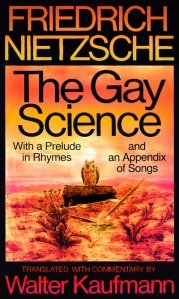 “This attempt at a radical critique, both in its roots and in its scope, is dramatically expressed in Nietzsche’s dictum about the death of God, and even more in his less well-known but more accurate exclamation in The Gay Science: ‘When will all these shadows of God cease to darken our minds? When will we complete our de-deification (*) of nature?’ (GS, 125)
“This attempt at a radical critique, both in its roots and in its scope, is dramatically expressed in Nietzsche’s dictum about the death of God, and even more in his less well-known but more accurate exclamation in The Gay Science: ‘When will all these shadows of God cease to darken our minds? When will we complete our de-deification (*) of nature?’ (GS, 125)
(*) entogöttilicht, literally “freed of God”
Even after God’s death, his shadows still dominate the world. Hence the true role of philosophical criticism is to purge the world of the shadows of the dead God (GS, 108). These shadows are the vestiges of belief in a rational world, a cosmos ruled by a logos, the validity of the natural sciences, of the ‘pure’ laws of logic, the dominion of causality, and the cogency of the concepts of substance and identity. Modern natural science pretended to have banned God from the picture of nature, but has reinstated God’s shadows through the back door.
Philosophical rationalism and the belief in science are disguised versions of the old religious notion of a moral world order, and are likewise based on anthropomorphism – the projection of man’s wishes, needs, customs, and aspirations on the structure of the universe. (…) In contrast to Spinoza, for whom the world was saturated (because identical) with God, for Nietzsche the demand to grasp nature as ‘clear of God’ is the precondition for man to ‘become nature again’: that is, to be cured of decadence.” (pg. 112)
* * * * *
“Life’s meaning is not something ready-made, by its mere existence, but is shaped through a process of self-overcoming. A precondition for this is the recognition that there are no objective meanings and values out there in the world, that the world is disrobed of God and his shadows. Therefore the test of the noble person – the “overman” which Nietzsche pretends to announce – lies in the question: ‘How much truth can be beared?’
Tearing away as many of his protective masks as he or she can, the Dionysian person is supposed to face a universe stripped of rational meaning and of all support by permanent values, and to be capable of converting this terrifying recognition into a new source of life’s power and even a new kind of joy. (‘Joyous knowing’ is, I think, a better rendering of Nietzsche’s famous ‘La Gaya Scienza’).
But what kind of knowing is this? It is certainly not merely a cognitive disposition; it is equally a self-commitment, a passion, a form of willing. It is a mode of recognition and realization, two words which imply taking a stand, performing an act, placing oneself in some firm position. The Dionysian person’s knowing is not the affirmation of a statement, nor even a simple disillusionment, but an act of the whole person which affirms a whole existentical ‘fate’ and accepts a certain way of living, which others would consider miserable, as a basis for joy and creativity.
The psychology of ordinary people is different. When facing hard truths, such people are liable to react by negating life, plunging into despair and nihilism, or running back to the consoling lap of illusion. Weak persons opt for optimism because they cannot overcome pessimism, whereas for the kind of person Nietzsche foresees, a “pessimist” view of existence is merely the starting point to be overcome, an introduction to the affirmation of life and the acceptance of difficulty and suffering, by which to gain new sources of power and joy.
This dialectical overcoming of the temptation of nihilism (and also of superficial optimism) is Nietzsche’s main message; it is the crux of his Dionysian stance, the essence of tragedy and the tragic way of life. The Dionysian person neither shuns suffering (mental and physical) and the recognition of chaos, nor lets them drag him into the abyss of despair. Rather, by saying ‘YES’ to life with all its contingent, absurd, and horrible aspects, he converts this recognition into a source of existential power.”
YIRMIYAHU YOVEL
Dark Riddle: Hegel, Nietzsche and the Jews
(1998, Pennsylvania State University, Pgs. 107 -114)
SHARE THIS ON FACEBOOK
Yovel is Professor of Philosophy at the Hebrew University of Jerusalem and Hans Jonas Professor at the New School for Social Research in New York. He also wrote Spinoza and Other Heretics and Kant and the Philosophy of History,
* * * * *
You might also enjoy:
[youtube id=http://youtu.be/3EGOwduWVKA]
BBC’s doc Human All Too Human
Publicado em: 15/03/15
De autoria: casadevidro247
